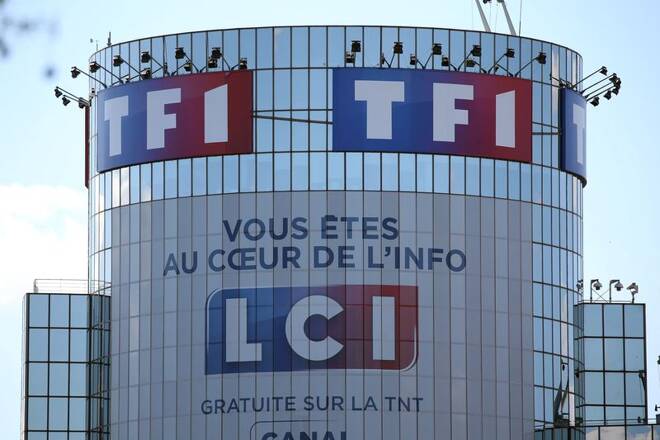Advertisement
Advertisement
French broadcasters give up anti-Netflix merger deal
By:
PARIS (Reuters) - A proposed merger between French TV groups TF1 and M6, which would have created by far the biggest television company in France, has been abandoned, the companies said in a joint statement on Friday.
By Geert De Clercq and Mathieu Rosemain
PARIS (Reuters) -France’s two biggest private broadcasters, M6 Group and TF1, gave up their merger plan to fend off the rise of U.S. streaming platforms, saying antitrust requests made the deal irrelevant.
If successful, the deal would have transformed the French TV landscape and redefined competition rules related to the advertising market, creating a precedent in Europe and potentially paving the way for similar deals among traditional broadcasters.
“It appears that only structural remedies involving at the very least the divestment of the TF1 TV channel or of the M6 TV channel would be sufficient to approve the proposed merger,” the two companies said in a statement on Friday, with reference to talks it held with the French antitrust authority.
They added that the proposed merger no longer had any strategic rationale, even though they continue to believe that a merger would have made sense in view of “the challenges resulting from the increased competition from the international platforms.”
“The transaction could have created major competitive risks, particularly in the television advertising and television service distribution markets,” the French competition authority said in a statement online.
The merger, which would have given the combined entity sway over three quarters of the country’s TV advertising, would also offer it greater bargaining power with distributors, such as internet service providers, the antitrust watchdog’s president Benoit Coeuré said.
“The proposed commitments included in particular a separation of the advertising agencies of the TF1 and M6 channels,” Coeuré said, but added that the incentives to compete against each other would have been limited by the control of TF1 by its main shareholder, Bouygues.
Under the initial merger plan, French conglomerate Bouygues would have ended up controlling the merged group with a 30% stake while M6’s parent, German media group Bertelsmann, would be the second biggest shareholder with 16%.
The companies have been facing stiff opposition in recent months, including from media group Vivendi, the owner of France’s biggest pay-TV group Canal Plus, and the founder of telecoms maverick Iliad, Xavier Niel.
The controlling shareholders of TF1 and M6 announced their merger ambitions in May 2021.
(Reporting by GV De Clercq, editing by Tassilo Hummel, Kirsten Donovan)
About the Author
Reuterscontributor
Reuters, the news and media division of Thomson Reuters, is the world’s largest international multimedia news provider reaching more than one billion people every day. Reuters provides trusted business, financial, national, and international news to professionals via Thomson Reuters desktops, the world's media organizations, and directly to consumers at Reuters.com and via Reuters TV. Learn more about Thomson Reuters products:
Did you find this article useful?
Latest news and analysis
Advertisement
